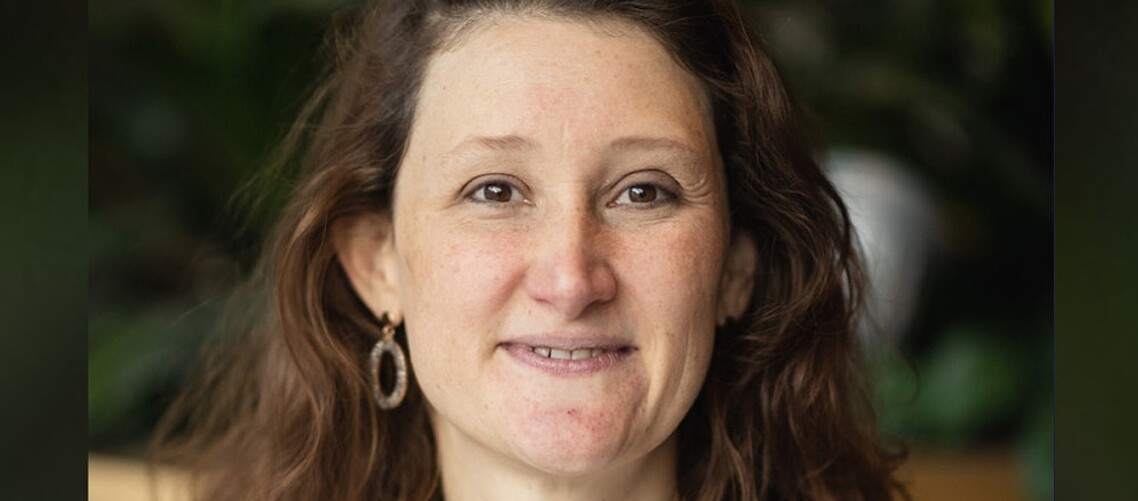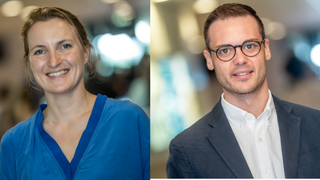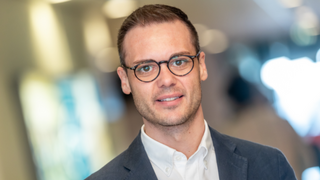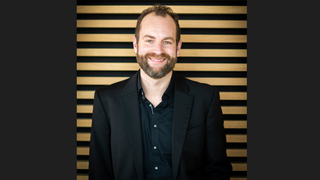Prof. Lemmens will use the Vici funding from the NWO to tackle this crucial societal challenge of AI bias. She will use an emerging field of research called Causal Machine Learning that can learn the causal effect of an intervention and how it varies within a population that might have a lot of moderating variables.
Machines amplifying human biases
Machines are now doing tasks that were previously done by people in justice, education, healthcare, finance, supply chain management, marketing, and human resources. They can analyse complex problems guided by Artificial Intelligence (AI), and can improve their own decision-making by using learning algorithms. But algorithms can reproduce and amplify the biases that are present in human decisions – and may even inadvertently create new discriminatory outcomes.
There has been an increase in reports of biases in algorithms used by private companies and public bodies. A high-profile example is the recent Dutch childcare benefits scandal (toeslagenaffaire) in which some parents were told to pay back thousands of euros to the government even though they were entitled to the money.
“I am thrilled by the NWO's decision to fund my project,” said Prof. Lemmens. “Artificial intelligence is progressing much faster than we, as a society, can comprehend and absorb. They are increasingly guiding the small and big decisions made by all kinds of private and public actors on how to treat people – from Uber deciding how much to charge for your next ride, to the hospital deciding on your position on the waiting list in the emergency room.
Biased AI is an economic risk
“While they are exciting, these developments are also raising concerns because in just a few years we have witnessed so many cases where algorithms were accused of making discriminatory decisions, sometimes even displaying sexist or racist behaviour. In the Netherlands, the toeslagenaffaire made us very aware of the dangers of AI. And we should also not forget that in many countries, companies that rely on biased algorithms are legally liable – even if the algorithm was not intended to be biased or prejudiced and even if all relevant parties ignored it.
“Biased AI is not only a moral issue; it is also a major economic risk.”
Prof. Lemmens said she felt it was her role as a professor of customer analytics at a top European business school to assist companies in developing responsible and socially conscious AI systems. “This is what my Vici project is about. I am striving to contribute to making AI a force of positive change for companies and society at large in line with RSM’s mission, to be a force for positive change.”
Prof. Lemmens has already received two other types of NWO grant for her research into machine learning over the years; a Veni grant for recently graduated researchers, and a Vidi grant for researchers with several years of research after their PhD. Her latest grant announcement on 29 February 2024 is a Vici grant for senior researchers who have already demonstrated the ability to develop their own line of research. “After getting the Veni and Vidi grants, I never dared to dream of also getting the Vici 10 years later!” she commented.
Preventing the creation of biases
Prof. Aurélie Lemmens explained how the findings of her research could be used: “This research project introduces a novel methodological framework to balance the complex trade-off between accuracy and fairness, and to actively prevent biases at every stage of the process where algorithms are used. The approach can be used with many definitions of fairness so it is suitable for a variety of public and private domains.”
Prof. Lemmens has established partnerships with external parties in various industries so she can carry out large-scale field experiments and simulations. She will share all her data, codes and tutorials with the public via an open-access web platform, which should maximize the societal impact of the project.



